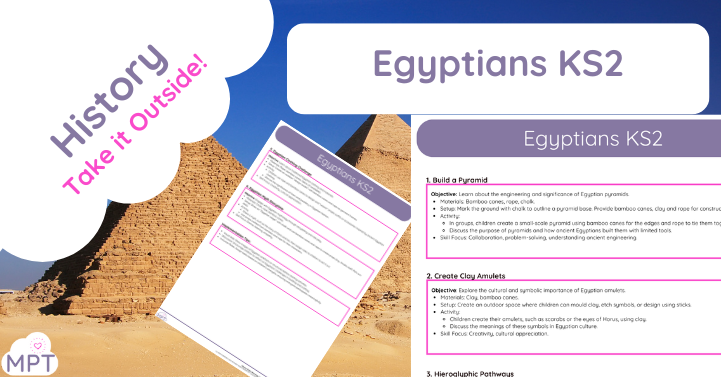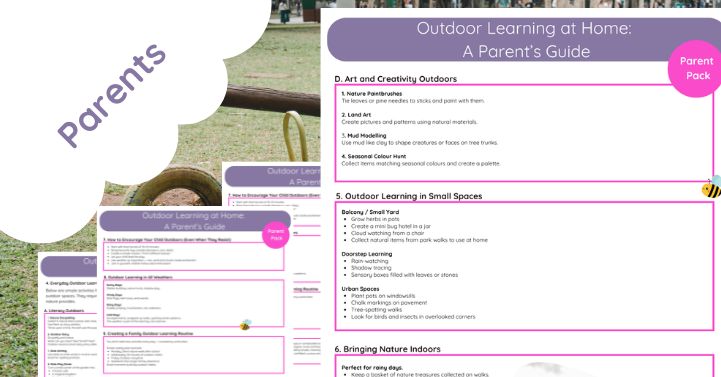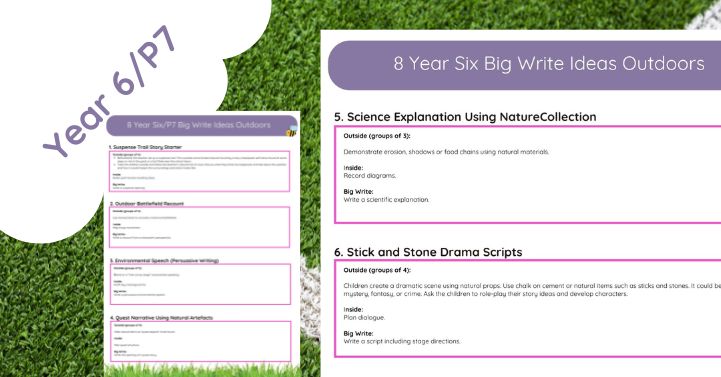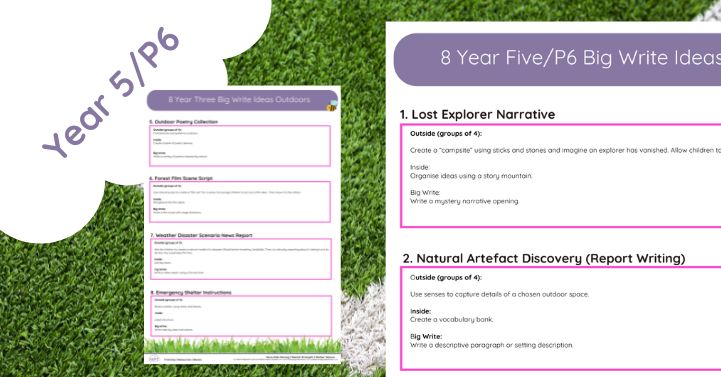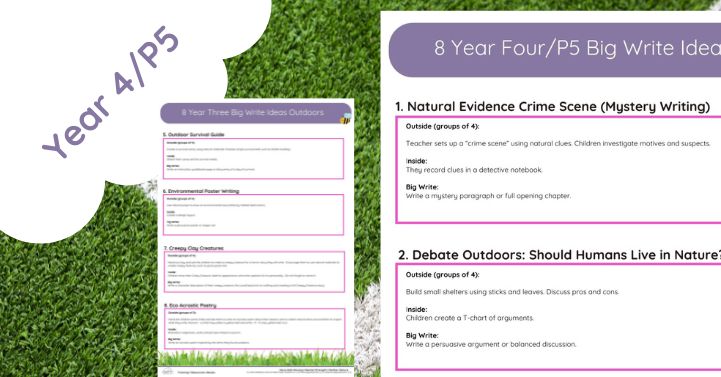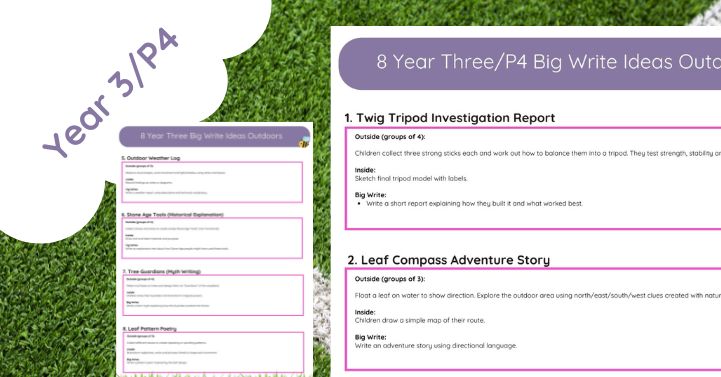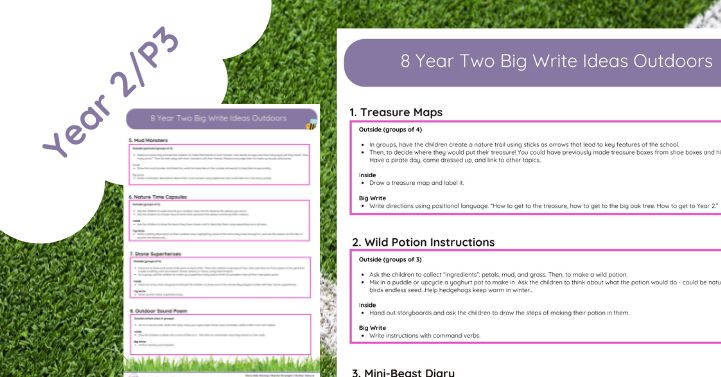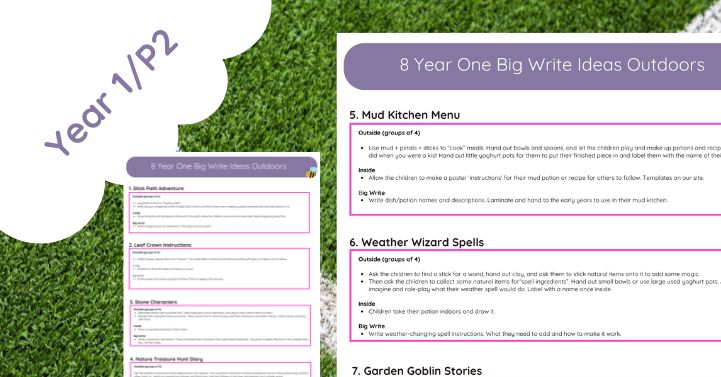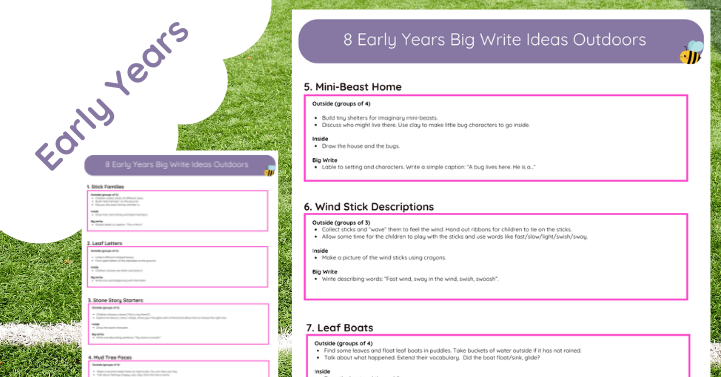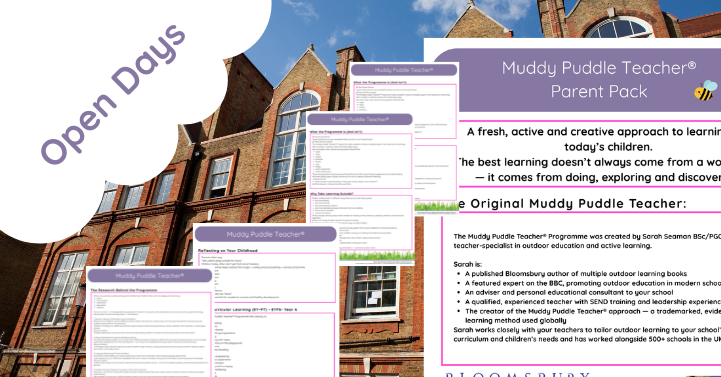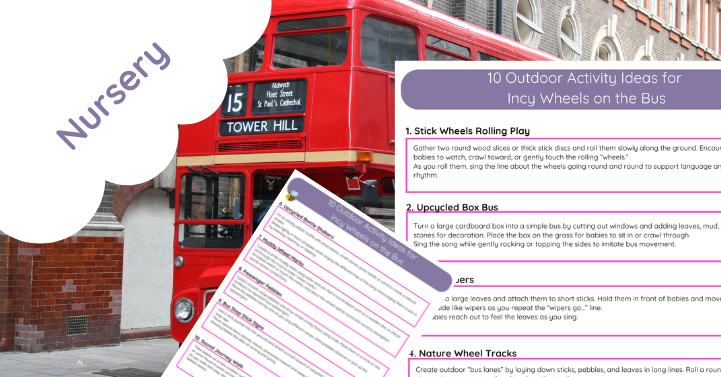Egyptian-themed Outdoor Lessons for KS2
Transform learning about Ancient Egypt into an engaging outdoor adventure with this 6-lesson package designed for Key Stage 2 (KS2) students. Developed using the Muddy Puddle Teacher approach, these lessons combine hands-on activities, outdoor exploration, and creative problem-solving to immerse students in the world of the Egyptians. By incorporating bamboo canes, clay, rope, and chalk, the lessons emphasize tactile and experiential learning to deepen understanding and foster collaboration.
Lesson Highlights
- Build a Pyramid
- Objective: Teach students about the engineering and cultural significance of pyramids.
- Activity: Groups construct a small pyramid using bamboo canes and rope, learning teamwork and problem-solving.
- Skills: Engineering basics, collaboration, and ancient architecture.
- Create Clay Amulets
- Objective: Explore the symbolism and cultural role of amulets in Egyptian life.
- Activity: Students use clay to craft amulets like scarabs or the Eye of Horus, using bamboo canes to carve intricate designs.
- Skills: Creativity, cultural understanding, and fine motor skills.
- Hieroglyphic Pathways
- Objective: Introduce students to hieroglyphic writing and decoding.
- Activity: Students write their names using chalk or carve hieroglyphs into the soil with bamboo canes, followed by a scavenger hunt to decode messages.
- Skills: Decoding, creative writing, and teamwork.
- The Nile River Model
- Objective: Explain the importance of the Nile in Egyptian civilization.
- Activity: Students build a model of the Nile using clay, chalk, and rope, demonstrating farming and irrigation techniques.
- Skills: Geography, history, and hands-on modelling.
- Egyptian Clothing Challenge
- Objective: Learn about traditional Egyptian clothing and accessories.
- Activity: Students create clothing accessories using rope and bamboo canes as frames inspired by Egyptian designs.
- Skills: Design, creativity, and cultural appreciation.
- Egyptian Myth Storytime
- Objective: Engage students with Egyptian mythology through storytelling and role-play.
- Activity: Students use props made from bamboo canes and rope to reenact myths like the story of Osiris and Isis.
- Skills: Drama, empathy, and historical literacy.
Engaging neurodivergent children in outdoor learning experiences can significantly enhance their educational journey, especially when exploring captivating subjects like Ancient Egypt. Taking lessons beyond the traditional classroom offers a dynamic and inclusive approach catering to diverse learning needs.
Benefits of Outdoor Learning for Neurodivergent Children
Outdoor education provides a sensory-rich environment that can be particularly beneficial for neurodivergent learners. The natural world offers varied stimuli, promoting sensory integration and reducing anxiety. Activities such as building models of Egyptian pyramids using natural materials can enhance motor skills and encourage collaborative learning.
Incorporating Ancient Egypt into Outdoor Activities
Integrating Ancient Egyptian themes into outdoor lessons can make history tangible and engaging. Here are some practical activities:
- Hieroglyphic Writing with Chalk: Encourage students to write their names or simple words using hieroglyphs on pavements or large stones. This activity combines history with art and supports fine motor development.
- Constructing Miniature Pyramids: Using sand, clay, or natural stones, students can build small-scale pyramids, understanding the architectural ingenuity of the Egyptians. This hands-on activity fosters teamwork and problem-solving skills.
- Outdoor Mummification Simulation: Demonstrate the mummification process using natural materials, such as wrapping a doll with linen strips and discussing the significance of preservation in Egyptian culture. This interactive lesson can enhance comprehension and retention.
Creating an Inclusive Outdoor Learning Environment
To ensure that outdoor lessons are accessible and beneficial for neurodivergent students, consider the following strategies:
- Structured Flexibility: While the outdoor setting offers freedom, maintaining a clear structure with defined objectives helps students understand expectations and feel secure.
- Sensory Considerations: Be mindful of sensory sensitivities. Provide options for students who may feel overwhelmed, such as noise-canceling headphones or designated quiet areas.
- Collaborative Learning: Encourage group activities that promote social interaction and communication, essential skills for neurodivergent children. Outdoor settings can provide a less intimidating environment for these interactions.
Resources for Educators
Several organizations and platforms offer resources to support the integration of outdoor learning and Ancient Egyptian themes:
- Twinkl’s Ancient Egypt Activities: Provides a range of resources tailored for KS2 students, including outdoor activity ideas.
- STEM Learning’s Ancient Egypt Collection: Offers lesson plans that combine historical topics with scientific exploration, suitable for outdoor settings.
- Teaching Expertise’s Egyptian Activities: Features engaging activities that can be adapted for outdoor learning, enhancing the educational experience.


